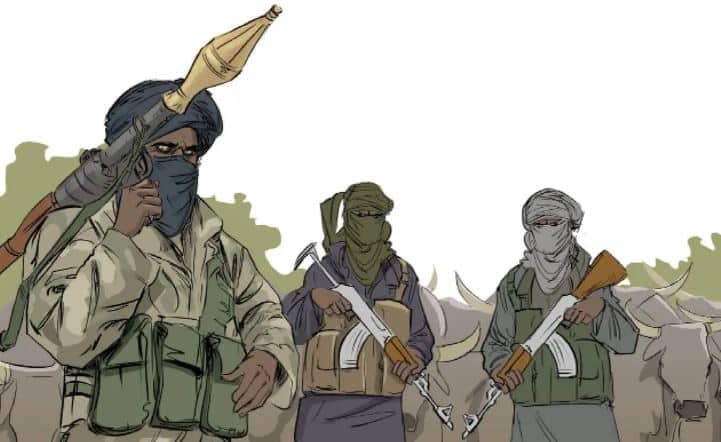- Only 106 ISPs are now in service, according to data released by the Nigerian Communications Commission
- In December 2023, the aggregate number of active internet customers on MTN, Airtel, Globacom, and 9mobile was 163.8 million
- Experts said ISPs face major issues in the country, such as rivalry, tariffs, taxes, duties, vandalism, power availability and cost, and others
Legit.ng journalist Zainab Iwayemi has over 3-year-experience covering the Economy, Technology, and Capital Market.
Out of the 252 companies licensed as Internet service providers as of the fourth quarter (Q4) of 2023, the Nigerian Communications Commission (NCC) disclosed data that only 106 ISPs are currently operational.
 A total of 106 ISPs had a total of 262,206 active customers. Photo Credit: Eyesfoto, Andreswd
A total of 106 ISPs had a total of 262,206 active customers. Photo Credit: Eyesfoto, AndreswdSource: Getty Images
The NCC data also revealed that during the period under review, the 106 ISPs had a total of 262,206 active customers.
This amount is still quite small, though, when compared to the four mobile network operators that make up the country's internet subscriber base.
Users declined
Recall that as of December 2023, MTN, Airtel, Globacom, and 9mobile combined had 163.8 million active internet users.
The high cost of operating in Nigeria, challenges with right of way (RoW), low internet access in the northern part of the country due to security concerns, the completion of standardization with state governments, and various taxes were among the reasons given by stakeholders for the ISPs' inactivity.
According to the 2022 year-end performance report, for example, ISPs made a total revenue of N92,079,251,596.26 and spent N5,243,381,710.22 to acquire, upgrade, and maintain physical assets like property, plants, buildings, technology, or equipment. Operating costs totaled N71,200,884,440.55.
In response, Chidi Ajuzie, the chief operating officer of WTES Projects Limited, stated that Nigerian ISPs are facing a formidable survival challenge while also advising them to expand their business and look for new avenues for sustainability, growth, and profitability.
Ajuzie listed a number of major challenges that ISPs face, including as rivalry, tariffs, taxes, duties, vandalism, power availability and cost, and intersector regulations and framework. She added that regulatory support is needed for this subsector in the areas of licensing, pricing and availability of spectrum, intersector regulations, right-of-way intervention, human security, and plant safety.
He stressed,
“The past two years have been very challenging for the ISPs, with lots of damages done to infrastructures, particularly in Lagos state. Federal government needs to put out laws to enforce the protection of critical telecoms infrastructure. ISP’s business in Nigeria is viable but we need to watch out and look out for governmental support at the federal, state and local levels for enabling business environment.”Leadership reported that Martins Akingba, the chief operating officer of eStream Networks Limited stated that since practically all of the equipment used in the sector is imported, obtaining Forex is a significant challenge.
He said,
“Connection to the internet is challenging for several local providers. We are competing in a market where the other players have access to foreign support in terms of funds and expertise. We also have to deal with a government at all levels that sees IT more as the goose that lays the golden egg rather than an economic enabler."MTN is named 1st for doing good for society
Legit.ng reported that the most admired African brand, according to the recently published Brand Africa 100: Best Brands study for 2024, is MTN Group.
MTN has maintained this position for ten years running with this accolade.
With its initiatives in the areas of governance, social justice, and the environment, MTN is demonstrating its dedication to "doing good for society, people, and environment" in this report.
Source: Legit.ng
















 English (US) ·
English (US) ·